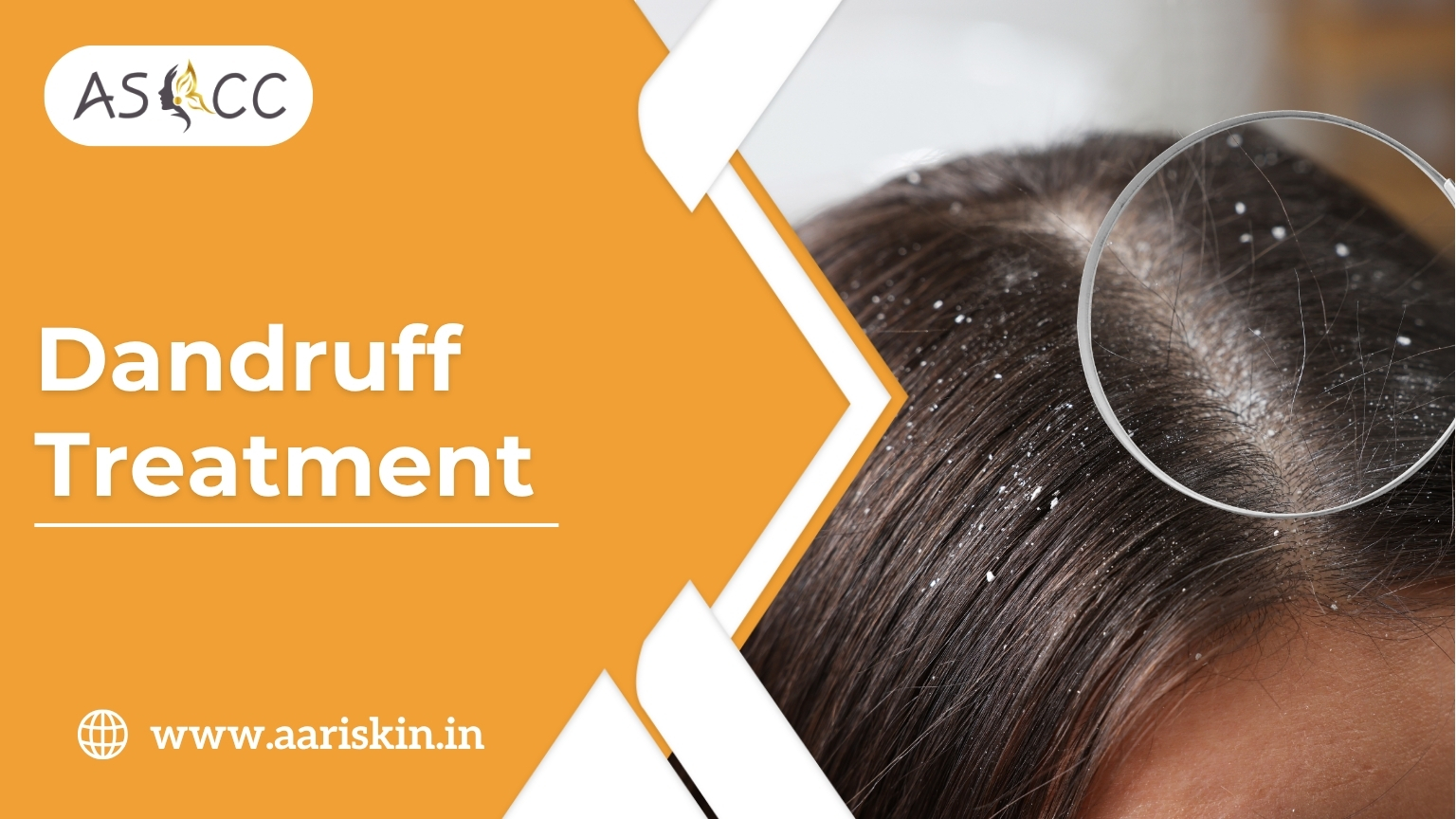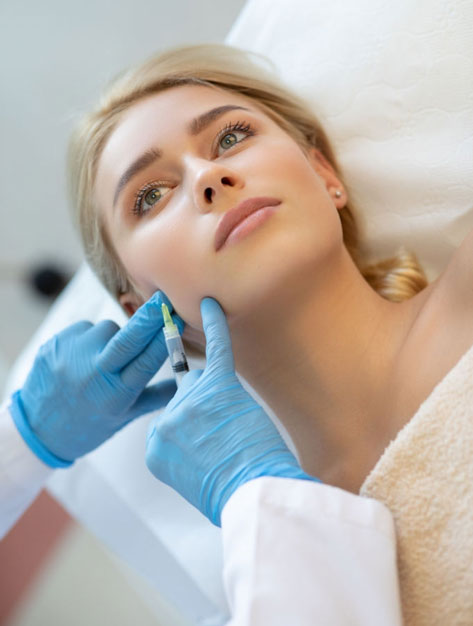What is Dandruff?
Dandruff is a common scalp condition that causes flaky, white or yellowish scales along with itching, irritation, and sometimes redness or oily patches. It can affect people of all ages and is often chronic or recurring if not treated correctly.
Dandruff is not contagious, but can cause embarrassment, discomfort, and even hair fall if left unmanaged.
What Causes Dandruff?
| Cause | Description |
|---|---|
| Seborrheic dermatitis | Inflammatory condition causing greasy, flaky scalp |
| Malassezia fungus | Yeast overgrowth irritating the scalp |
| Dry scalp | Common in winter, leads to flaking |
| Product buildup | Due to heavy hair products or poor rinsing |
| Skin conditions | Like psoriasis or eczema |
| Stress or hormonal changes | Can worsen dandruff |
Dandruff Treatment Options:
Medicated Shampoos (First-line treatment)
Contain active ingredients such as:
- Ketoconazole – antifungal
- Zinc Pyrithione – antibacterial & antifungal
- Salicylic acid – exfoliates dead skin
- Coal tar / Selenium sulfide – reduces flaking & scaling
Use 2–3 times a week or as directed by your dermatologist.
Topical Treatments
- Steroid lotions or anti-fungal creams for severe inflammation
- Scalp serums with herbal or peptide extracts for soothing
Oral Medications
- Used in resistant cases or fungal infections
- Antifungal tablets (like itraconazole) may be prescribed short-term
Scalp Treatments (In-Clinic)
- Scalp exfoliation / Detox therapy
- Low-level laser therapy (LLLT) for inflammation
- PRP therapy (if hair fall is associated)
Daily Care Tips:
- Wash scalp regularly with mild medicated shampoo
- Avoid heavy oils or styling gels
- Don’t scratch or over-scrub scalp
- Eat a balanced diet rich in zinc, B-vitamins, and omega-3
- Manage stress through yoga, meditation, or regular sleep
Who Should See a Dermatologist?
- Dandruff not improving with OTC shampoo
- Associated hair loss or itching
- Presence of red, scaly patches or thick flakes
- Frequent recurrence even after treatment






